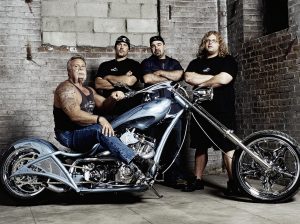
A trial court in Union County recently applied a 25 percent discount in the purchase of a 50% share of a family business after a 35-day trial. The net result was that the defendant in the case took significantly less for the acquisition of his shares in a family owned business than might have been available if there was not a finding of wrongdoing. Parker v. Parker, Docket No. UNN-C-108-13 (Chancery December 22, 2016) The parties involved in a business divorce litigation need to be cognizant that the allegations of bad behavior may have a significant effect on the ultimate determination of value made by a court.
 The Business Divorce Law Report
The Business Divorce Law Report













